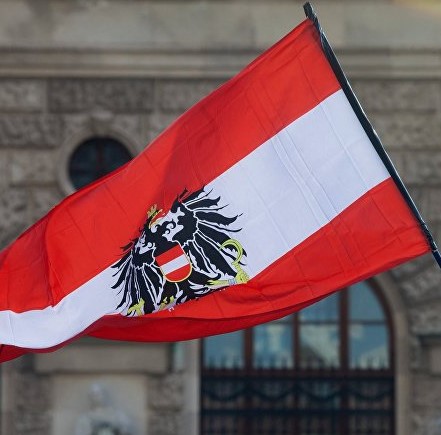Austria urged the West not to cross the line with a visa ban for Russians
Austrian Foreign Minister Alexander Schallenberg stressed that Western countries should maintain a dialogue with RUSSIA, thinking about tomorrow
The West needs to maintain a "sense of proportion" regarding sanctions against Russia, Austrian Foreign Minister Alexander Schallenberg said at a conference in Paris, reports Kronen Zeitung.
“We must not cross the line, for example, by introducing a visa ban for 144 million Russians,” the publication quotes him as saying.
Schallenberg called the military actions in Ukraine "madness", but stressed that despite this, Western countries must maintain a dialogue with Russia, thinking about tomorrow. Russia will remain a part of European history and culture, he noted. And in political terms, the European security architecture one way or another will have to include Russia in the future as a permanent member of the UN Security Council and as a nuclear power.
In this regard, Schallenberg criticized the decision not to invite Russian Foreign Minister Sergei Lavrov to the last OSCE meeting in Poland. “The OSCE is one of the few remaining platforms where there are Russian diplomats and they should listen to our arguments and our sharp criticism,” the minister said. In November, Poland did not allow Lavrov to enter the country to attend an event. The Russian Foreign Ministry considered this step "unprecedented and provocative."
According to Schallenberg, “maintaining a sense of proportion” regarding anti-Russian restrictions is one of the main tasks of 2023.
The cessation of issuing visas to all Russians at the end of July 2022 was supported by the main political parties in Finland. The Prime Minister of Estonia, Kaja Kallas, also called for the termination of the issuance of the Schengen. Poland and Belgium proposed to stop issuing visas.
In August, German government spokesman Steffen Hebestreit said that the EU began discussing a ban on issuing Schengen visas to Russians. By October 25, the issuance of tourist visas to Russians was suspended by the Netherlands, Belgium, Denmark, the Czech Republic, Slovakia, Poland, Lithuania, Latvia and Estonia, some of these countries closed their borders for Russian tourists.
Read on RBC Pro The apocalypse did not happen: who continues to rent expensive offices in Moscow A teenager again does not sleep until midnight.How to help him establish a regime To whom officials can come with a “raid” inspection How scammers cash in on the hype around artificial intelligence
The European Commission, in turn, stressed that the EU cannot ban the issuance of short-term visas, as this is not provided for by the community's visa code. Certain categories of citizens, such as journalists, family members and dissidents, need to extradite them, stressed the representative of the European Commission Anita Hipper. In addition, according to her, documents permitting entry should also be issued for humanitarian reasons.
The Kremlin promised to respond to the EU "in the best possible way" if the union stops issuing visas to Russians. The press secretary of the Russian president, Dmitry Peskov, said that Moscow would closely monitor the progress of discussions on this issue.


























































